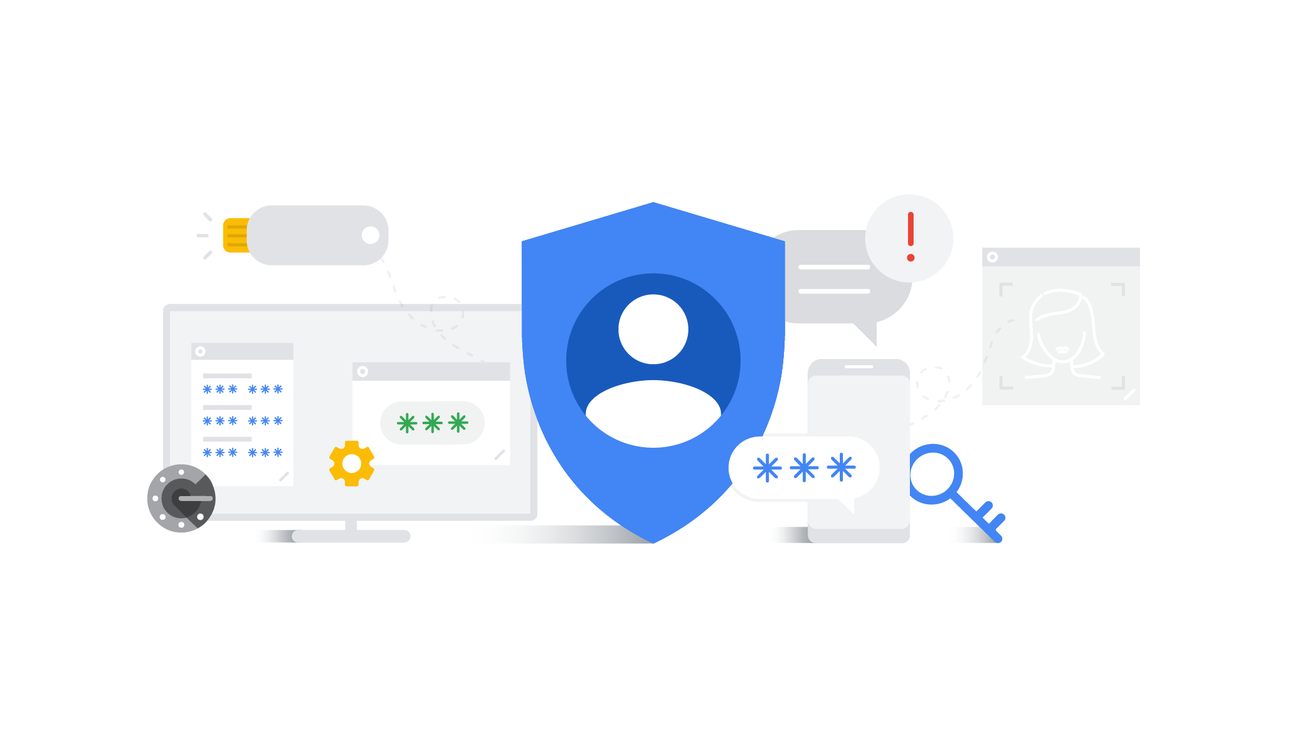I was hired recently to roll-out 2FA for an entire university in the Southern Hemisphere. Several of the staff members kicked against it and so some students. But they saw it coming a year before. It has now being enforced University-wide.
Some staff and students demanded new age phones for them to use it since they live with dummy phones. Infact, more than one student don't have a mobile phone number; for one, his family go by daily needs - banking etc - with his wife's mobile. If only they can do without it. And for some staff members, do imagine the comments, objections and counteractions from them.
Why would Google enforce it on selected millions of her users to start with? You don't have to further educate us on 2FA benefits. Is there a small business with comparable free service to switch to? I'm aware of the privacy & encrypted email providers - protonmail, tutano, etc - yet some different Organisations would do. Must these FAANG keep deciding for us?
Some staff and students demanded new age phones for them to use it since they live with dummy phones. Infact, more than one student don't have a mobile phone number; for one, his family go by daily needs - banking etc - with his wife's mobile. If only they can do without it. And for some staff members, do imagine the comments, objections and counteractions from them.
Why would Google enforce it on selected millions of her users to start with? You don't have to further educate us on 2FA benefits. Is there a small business with comparable free service to switch to? I'm aware of the privacy & encrypted email providers - protonmail, tutano, etc - yet some different Organisations would do. Must these FAANG keep deciding for us?

